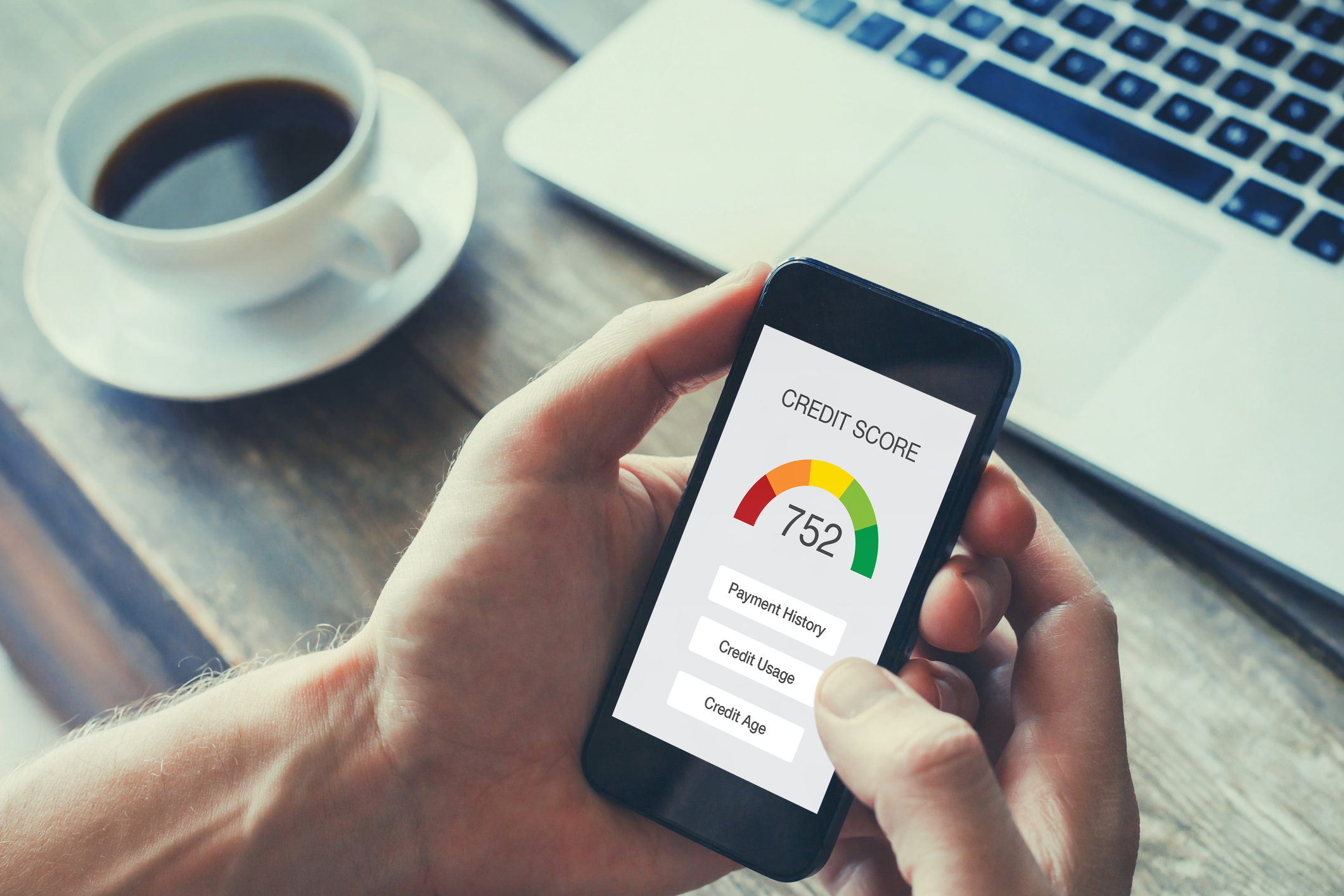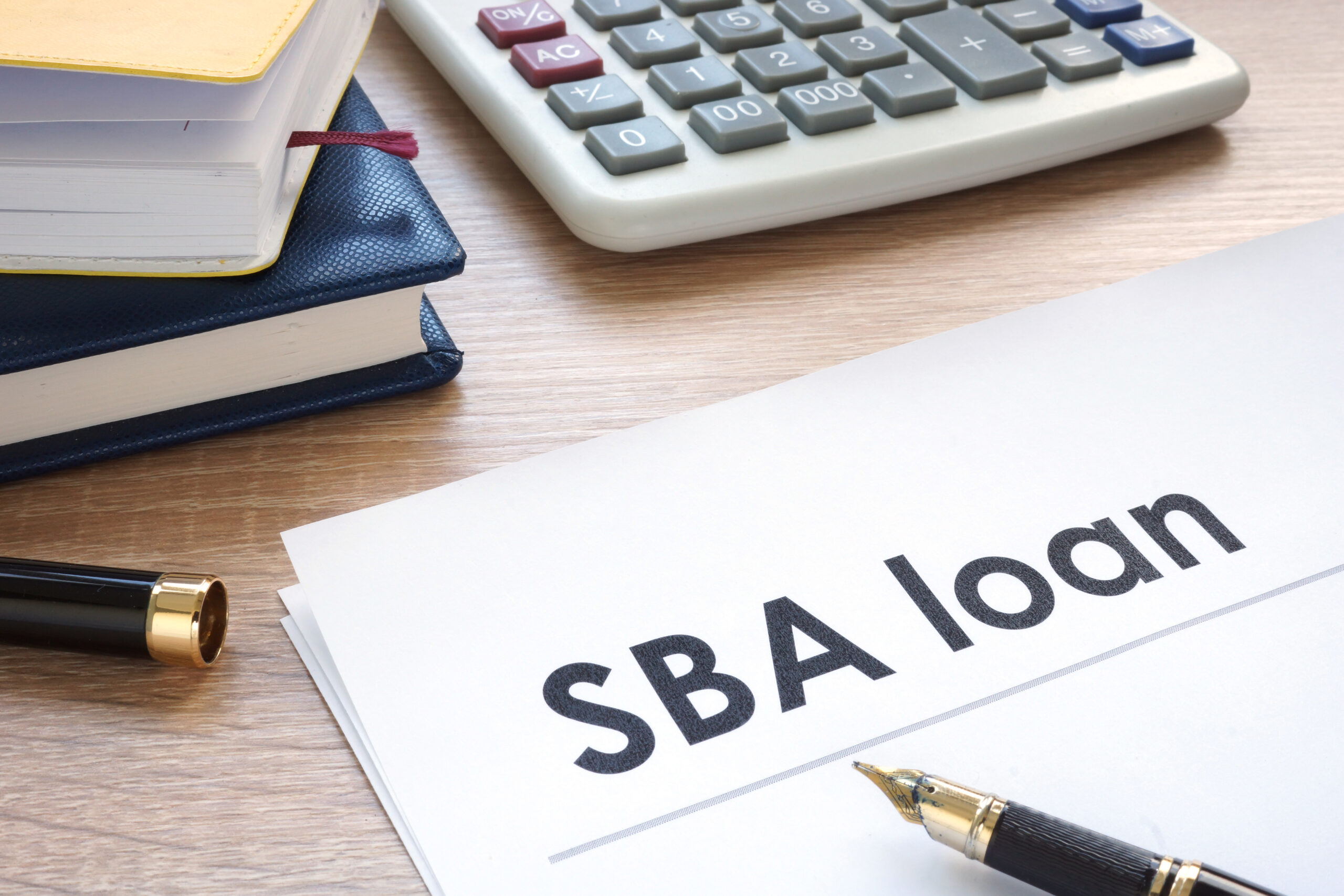Whether it is a mortgage you are preparing for or an auto loan you need, the rate you borrow to make major life purchases is tied to how healthy your credit score is. So, it pays to keep an eye on your credit to make sure everything is in order.
Credit reporting plays a critical role in consumers’ lives and has an enormous reach beyond consumer financial services. More than 200 million Americans have credit files, and lenders rely on this information to decide whether to approve loans and on what terms.
Consumer reporting also informs decisions about employment, insurance, housing, and even essential utilities. For some consumers, possible inaccuracies in credit reports can drive up the cost of credit and severely limit opportunities, such as starting a small business or buying a new home.
Credit monitoring serves the purpose of alerting you to any fraudulent activity as well as inaccuracies that can be holding back your score. And an inaccuracy on your credit report might be one of the first signs of identity theft.
When it comes to inaccurate information on credit reports, consumers most frequently assert that the inaccurate information belongs to someone else, and consumers often describe being victims of identity theft.
How to Report an Inaccuracy on a Credit Report
If you’ve been affected or spotted a possible inaccuracy in your report, here are some steps you can take to fix it.
1. Contact the credit reporting company.
You should explain what you think is wrong and why in writing and include copies of documents that support your dispute. Your dispute letter should also include your contact information, the report confirmation number, and a copy of the portion of your credit report that contains the disputed items.
Once you have submitted your paperwork to the correct department, the major credit bureaus should contact you within five business days. Generally, they investigate the dispute within 30 days of receiving it.
2. Monitor your credit report.
Being proactive is key to getting in front of possible inaccuracies in your credit report. Credit monitoring is your first line of defense to catch fraud. A credit monitoring service tracks your credit report for suspicious activity and alerts you to possible suspicious activity. You can use those reports to spot any potential inaccuracies in your credit report and take action.













